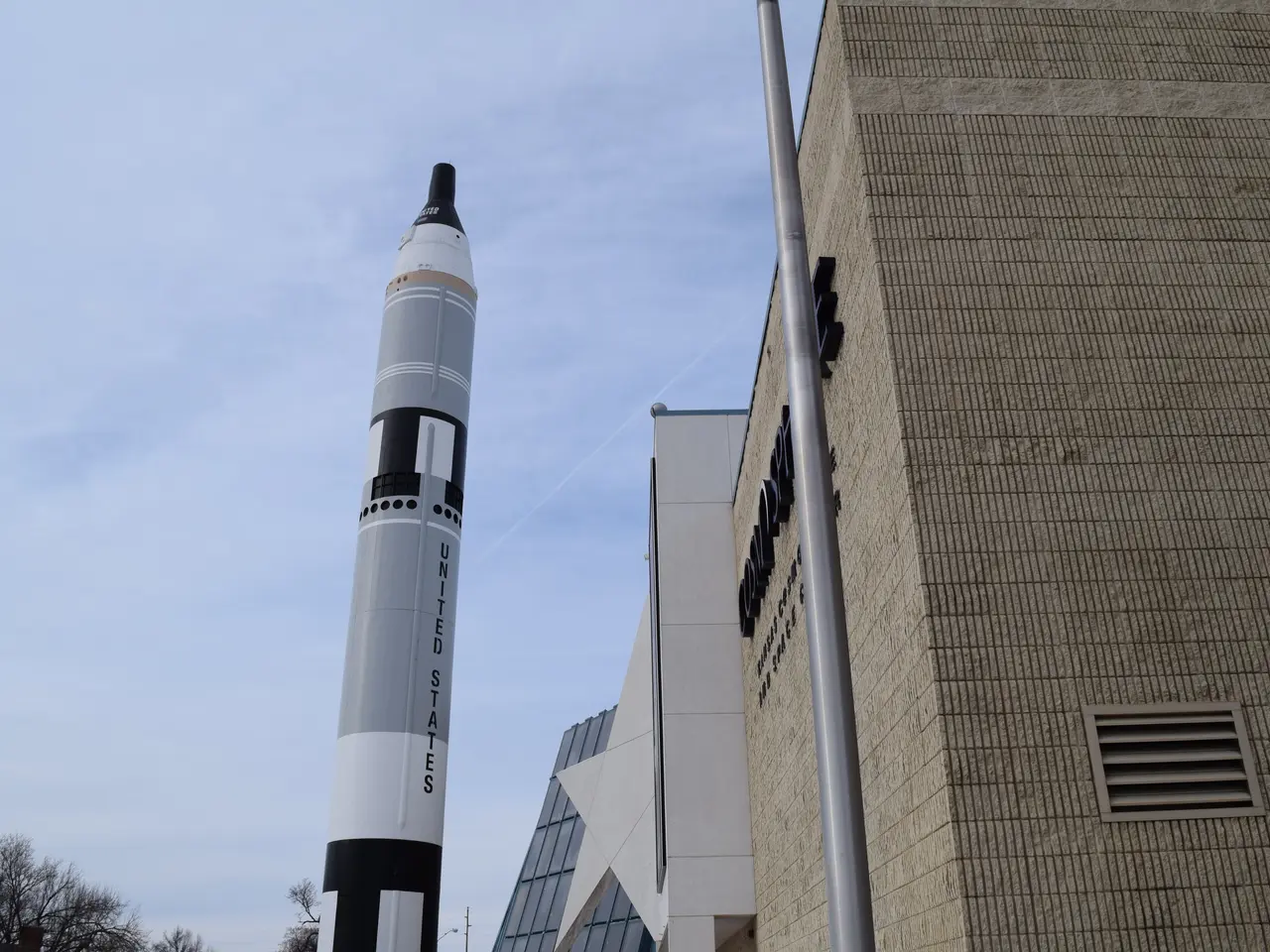Autonomous satellite testing facility established in Dresden, Germany, with a focus on energy independence
The Technical University of Dresden (TUD) is leading the development of an innovative project, RASP, funded by the European Space Agency (ESA) as part of the ARTES program. This project aims to simulate very low Earth orbit conditions, a crucial aspect for the test and development of new satellite technologies.
Prof. Martin Tajmar, holder of the Chair of Space Systems at TUD, has highlighted the decisive advantages of lower orbit heights. The shorter distance to Earth and reduced space debris make these heights an attractive choice for future satellite operations.
The RASP project is designed to address a gap in the aerospace sector, as there have been no suitable test facilities that can simulate Earth's vicinity conditions realistically. The project's success could fill a crucial gap in global satellite technology and research.
The RASP project is a significant contribution to the further development of sustainable and efficient satellite propulsion systems. It aims to test a new generation of satellites that use ambient air as fuel for propulsion. This groundbreaking technology could revolutionize satellite technology, making them virtually unrestricted in their use.
In very low Earth orbit, satellites are braked by the residual atmosphere, requiring a large amount of fuel to maintain speed. At lower orbit heights, however, communication with satellites becomes more efficient due to the shorter distance to Earth. Additionally, Earth observation satellites can take pictures with higher resolution at these heights.
The RASP project is being developed under the leadership of the Chair of Space Systems at TUD. While the project leader is not explicitly stated in the provided search results, the project's progress is undoubtedly under the guidance of TUD's dedicated space technology team.
The RASP project, scheduled to last 2.5 years, is part of TUD's ongoing efforts in the field of space technology. If successful, the RASP simulator could fill a crucial gap in global satellite technology and research, paving the way for a new era of satellite operations.
Read also:
- "Eco-Scam": Unveiling the Truth about Electric Vehicles
- European transportation's sustainability and competitiveness rely on a "green industrial agreement" that serves the interests of both corporations and residents, as discussed in an Editorial from August 2024.
- Indian Oil Corporation's Panipat Refinery secures India's inaugural ISCC CORSIA accreditation for Sustainable Aviation Fuel production
- Porsche Macan Accelerates into Second Generation of Electric Power







